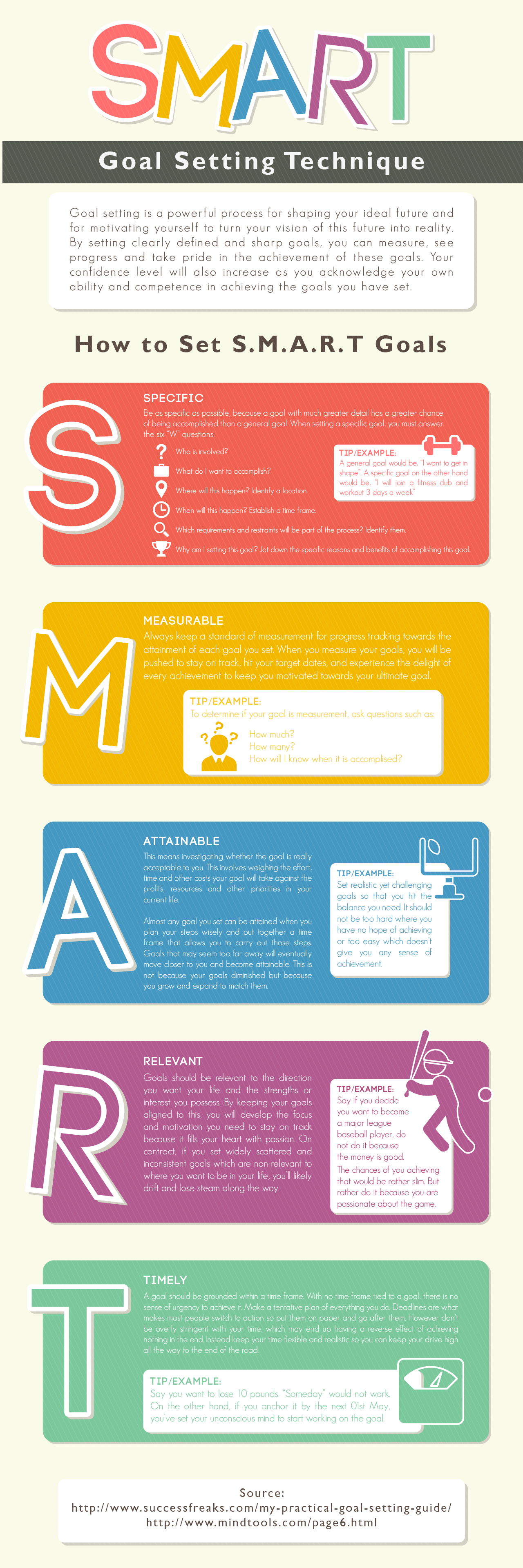All business deals and investments carry with them a measure of risk. This certainly is true in the area of real estate investing. You’ve heard all the promises of high rewards. That’s probably why you took the step to get in the business in the first place. However, it’s important to mix your eager ambition with a healthy dose of reality. The risks involved could be even higher than the promised rewards. This is why you must learn any and all steps you can take to provide for as much protection from loss as possible.
It’s a good thing to prepare yourself financially and mentally to accept the consequences of the risks which you will be facing.
One of the best ways I’ve found for minimizing exposure to risk if to use what is known as a Letter of Intent. The LOI allows you to hold a property without risk. If you’ve not heard of this method before, let me explain exactly how it works.
In most RE deals whether in flipping a property and rehabbing it, or in a wholesale deal, or looking for foreclosure or pre-foreclosure properties, most investors think about getting the contract on the property in order to make the deal. The contract in this case is oftentimes a multi-paged legal document filled with plenty of legal jargon.
Yes, you’ve contracted for the property and you may even have a deal, but you’ve also bound yourself and your business in the process.
Wait a minute! There’s an easier, simpler way. And that is to use what is known as a Letter of Intent or LOI. The LOI gives you the right, but not the obligation to sell a property. And the good thing is that it allows you to market a property in which you have no controlling interest.
The LOI spells out exactly how you want to purchase the property, and under what terms. With the LOI in place, you can now locate your buyer and not a penny of your cash is tied up in the interim.
I’ve found it’s best to keep this simple. A formal, multi-page, non-binding contract filled with legal jargon could actually work to intimidate your seller. (Which is totally counter-productive.) No need for all that. In my experience, I’ve found that a casual, personal letter to the seller works best. If the terms are clear the seller can easily determine if he or she agrees or not.
Think about how easy it will be to negotiate terms – without have to rewrite lengthy legal documents. Once the terms are ironed out, your due diligence can begin.
Now you can run the inspections and you can openly advertise to market this property without having to invest any of your own cash. Once you find an investor who sees value in this deal and wants a piece of the action, only then will you think about using legal documents.
This simple tool could revolutionize the way you run your investing business.










